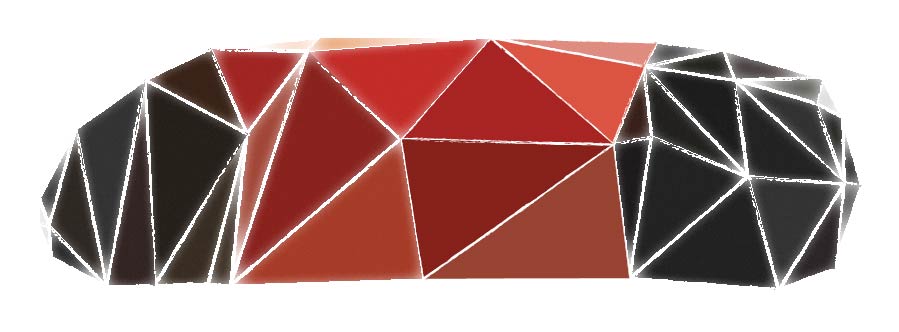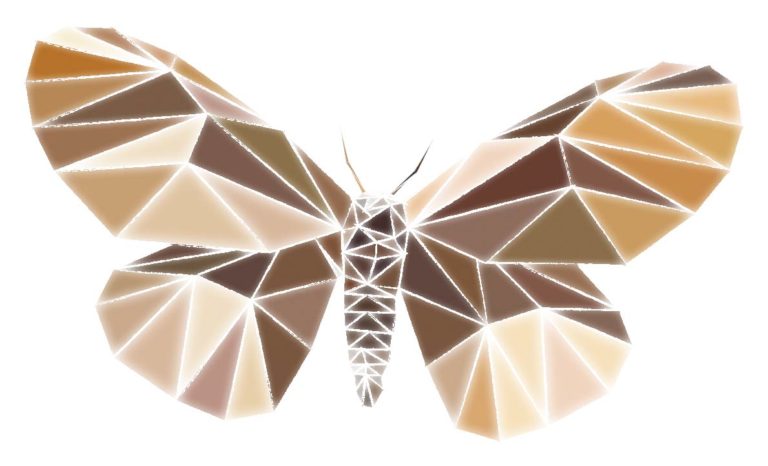Caterpillars come in mid-September. Green-brown backs sectioned off with black rings around their torsos. White fuzz jutting out in erratic tufts, like madmen. They cover our porch, writhing about on the wooden planks, piling onto the welcome mat, inching towards the front door. Impatient guests. Careless, we squish them between our toes like grapes.
First, we feel the prickle of the hairs, then the gumminess of their spineless bodies as we press down, waiting for the hesitation, the pause, the apex of the worm’s life, and then the release, a yellow-green bile oozing out of their ends, which sticks in the space between our toes. Many find refuge on our front door and survive our reckless sortie. Father welcomes them inside.
Tradition: Father opens the door and leaves it to gently swing in the autumn gusts until the worms have all made their trek inside. He lures them in with piles of newspapers and cases of our mother’s decaying books, nesting grounds and plant matter for the selfish worms. They spin their webs about the house, encapsulating whole shelves and stacks of newspaper, swallowing headlines and nibbling through dust jackets, forming bridges between curtains and windowpanes.
We peer at their diligence through the gauzy gossamer of their webbed nests with irreverent curiosity, but never disturb them. Their webs are sacred to Father. They become homes for the pupae as they winter in their printed silken cocoons and we wait for spring, for transformation.

In late March, the caterpillars turn to moths, beautiful white flitting creatures with words on their wings, faint like whispers. Words our mother loved and consumed, words that became her, embodied her. We welcome the moths, her reincarnation. We smile and close our eyes when their wings brush up against our cheeks, a vague but familiar caress. They rest on our limbs, undulating like waves, their scribed wings pulsate as we move about the house. We sweep with brooms before we step, like devout Jainists with oms under our breath, affirmation for the divine. The moths grow restless, desperate, always searching for the light of the moon; one thousand wings palpitate in arrhythmia against our windows, fighting for deliverance, but Father bolts the front door.
The moths begin to plummet, starved and exhausted from their confused, incessant beating. They fall and find rest along the baseboards: hundreds upon hundreds of graying, lifeless moths, carcasses piled up like empty cicada husks. Father waits until the last one stops flitting and falls to meet the lost souls below, and we watch as he opens the front door and sweeps them onto the porch and then down to the walkway to be washed away with the rain. We retire inside to what is left of our mother, searching for her in the moonlit space between half-eaten lines, waiting for autumn, for our own metamorphosis.
About the Author
Genevieve Richards is an MFA candidate studying Creative Nonfiction at Eastern Washington University, where she also teaches composition. Genevieve is an intern with both Get Lit! and Writers In The Community, and she also reads Nonfiction for Willow Springs. Her fiction is forthcoming in Crab Fat Magazine.

